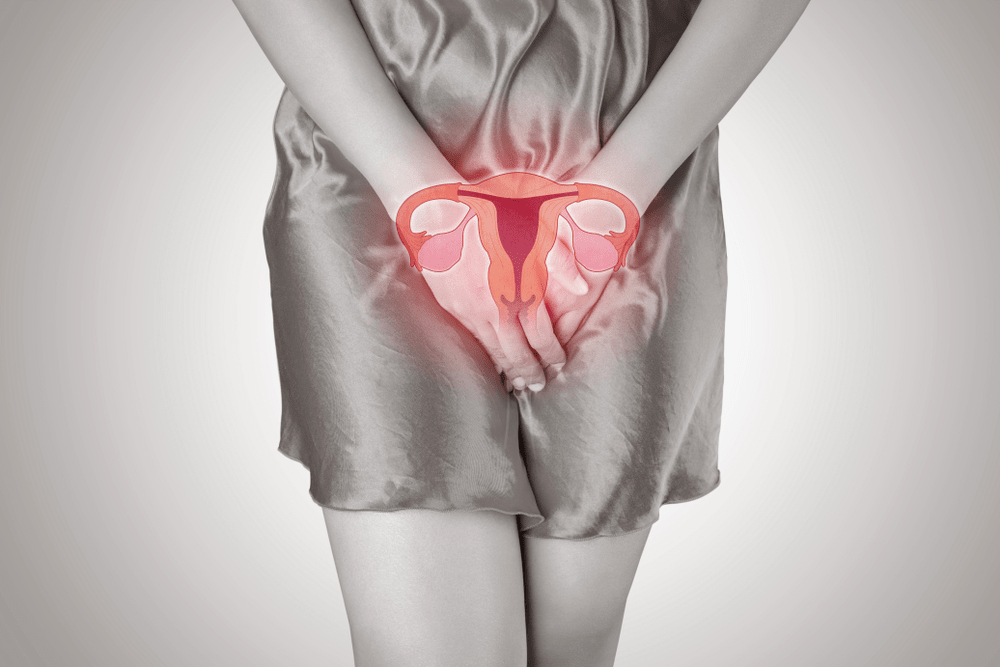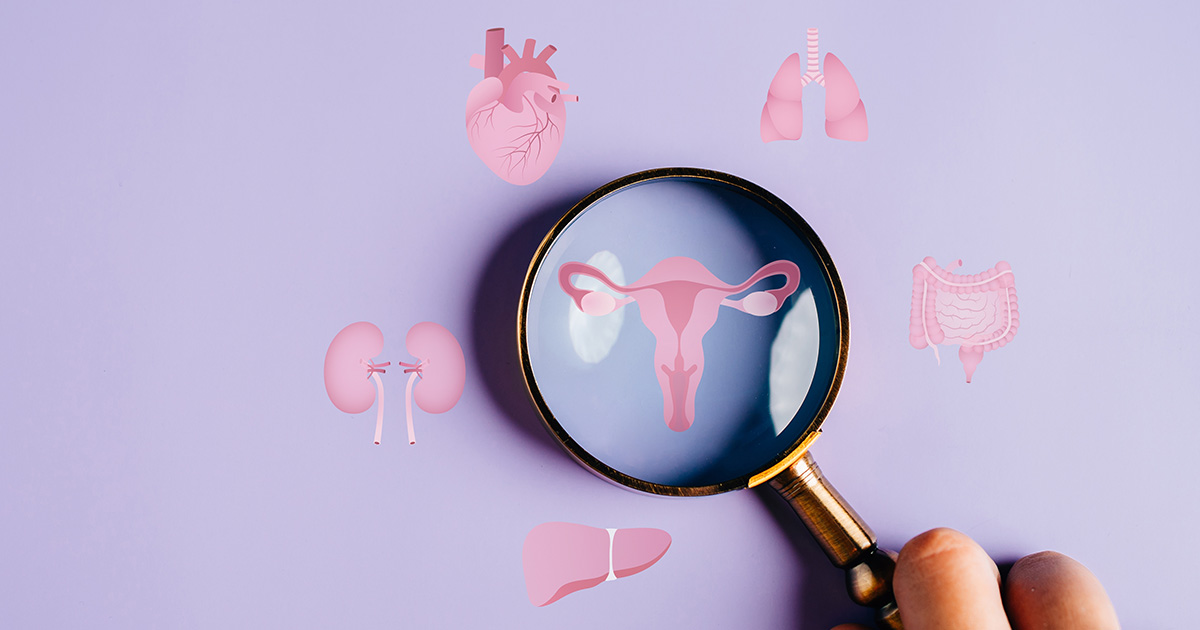What is PCOS? A Beginner’s Guide


I remember back in 2016 when I first got my diagnosis, I was relieved. Not relieved that I had PCOS, but relieved that what was wrong with me finally had a name. For years, doctors told me I had a “hormonal imbalance,” saying I was young so I shouldn’t worry. But how can you not worry when your period is either painfully heavy or doesn’t show up at all? When there’s this feeling that something is wrong, yet no one can give you answers. I believe I’m at a point now where I understand it’s not my fault. It may feel like my body betrayed me, but I know now that PCOS isn’t something I caused. And if you’re living with it too, please remember this: there’s no reason to carry guilt for something you didn’t choose.
If you’ve ever felt that same confusion, you’re not alone. According to the World Health Organization, up to 70% of women with PCOS remain undiagnosed worldwide, often for years. If you are looking for answers, I hope this mini guide helps.
So, what is PCOS?
PCOS stands for Polycystic Ovary Syndrome, a condition where the body’s hormones are out of balance. The condition alters how a woman's ovaries work. PCOS occurs when a woman's ovaries produce unusually high levels of hormones called androgens, a male hormone responsible for the development of male physical features. It is a problem with a woman's hormones during her reproductive years and can extend till menopause.
PCOS could start any time during adolescence, that is, between 10 to 19 years or post puberty. This is because a woman can be diagnosed with the condition in her 20’s and 30’s.
Common symptoms of PCOS include irregular periods, acne, obesity, skin tags, hair growth on the chest, abdomen, arms, cysts on the ovaries but symptoms may change over time. Doctors usually describe PCOS as a “spectrum condition” because it doesn’t look the same for everyone. Some women may struggle more with irregular periods, while others notice changes in skin, weight, or hair growth. However, not everyone with PCOS actually has cysts on their ovaries. A cyst on the ovaries or ovarian cysts is when small fluid-filled sacs containing immature eggs known as follicles form on one or both ovaries
The hormonal imbalance can affect the ovaries, metabolism, and even mental health. PCOS is one of the leading causes of infertility in women and it affects an estimated 6-13 percent of reproductive-aged women, says WHO.
Why does it happen?
The exact cause of PCOS isn’t fully known, but it could be related to a series of factors such as; :
- Insulin resistance – When a woman’s cells become resistant to insulin (a hormone from the pancreas that regulates blood sugar), her body struggles to use sugar effectively. When this push back happens, the pancreas is misinformed to produce more sugar since the cells are not decoding the right amount of sugar in her body. This excess insulin can increase androgen (male hormone) production, trigger cravings and overeating ultimately leading to weight gain and, over time, obesity. All of these factors can worsen or contribute to PCOS symptoms.
- Androgens (male hormone) levels : This is a group of hormones responsible for masculine physical traits only in men , and in both genders maintain bone strength, regulate red blood cell production, and build body composition and metabolism. In a normal case, these male hormones are also present in small amounts in women, examples are testosterone and dihydrotestosterone. However, In women with PCOS, androgen levels are higher than normal. This can disrupt regular ovulation, cause acne, oily skin, and excess hair growth (hirsutism), thinning hair on the scalp etc.
- Obesity: Obese women are at a higher risk of being diagnosed with PCOS. Having excess fat in the body not only makes a woman a target for PCOS but other health complications including heart disease, diabetic etc. A Body Mass Index (BMI) of 30 or higher is the benchmark to declare an adult obese
- Genetics/Hereditary Factors
PCOS often runs in families. If a mother, sister, or close female relative has PCOS, the chances are higher that another woman in the family may also develop it. This suggests that genetics plays a role in PCOS risk.
My experience with these risk factors
Personally, I currently live with all three of these risk factors. I have insulin resistance, and I’m currently prediabetic (my sister also went through a prediabetic stage, while my aunt has diabetes). Obesity is another layer I’ve struggled with though I believe BMI isn’t always the best way to classify it, I have been overweight for a while, and that has made managing PCOS even more complex. Genetics also plays a part in my story: both of my sisters have PCOS, although my younger sister has successfully reversed her symptoms through lifestyle changes. Seeing all of this in my family has shown me how much these factors can overlap and reinforce one another.
Why does awareness matter?
PCOS isn’t just about periods or fertility; it can affect your whole-body health: metabolism, hormones, mood, and long-term risks like diabetes or high blood pressure.
When I first got my diagnosis, I didn’t understand the full impact it could have on my health. Doctors told me, “When you want to have kids, come back to the hospital.” But PCOS is about so much more than fertility. It’s about managing the very real risks of diabetes, high blood pressure, obesity, and other complications that affect everyday life, not just future pregnancies.
The good news? With awareness and the right support, women with PCOS can (and do) live full, vibrant lives.
Sources:
https://www.nhs.uk/conditions/polycystic-ovary-syndrome-pcos/causes/
https://www.who.int/news-room/fact-sheets/detail/polycystic-ovary-syndrome
https://my.clevelandclinic.org/health/diseases/8316-polycystic-ovary-syndrome-pcos

What is PCOS? A Beginner’s Guide
So, what is PCOS
Why does it happen
sources



.svg)
